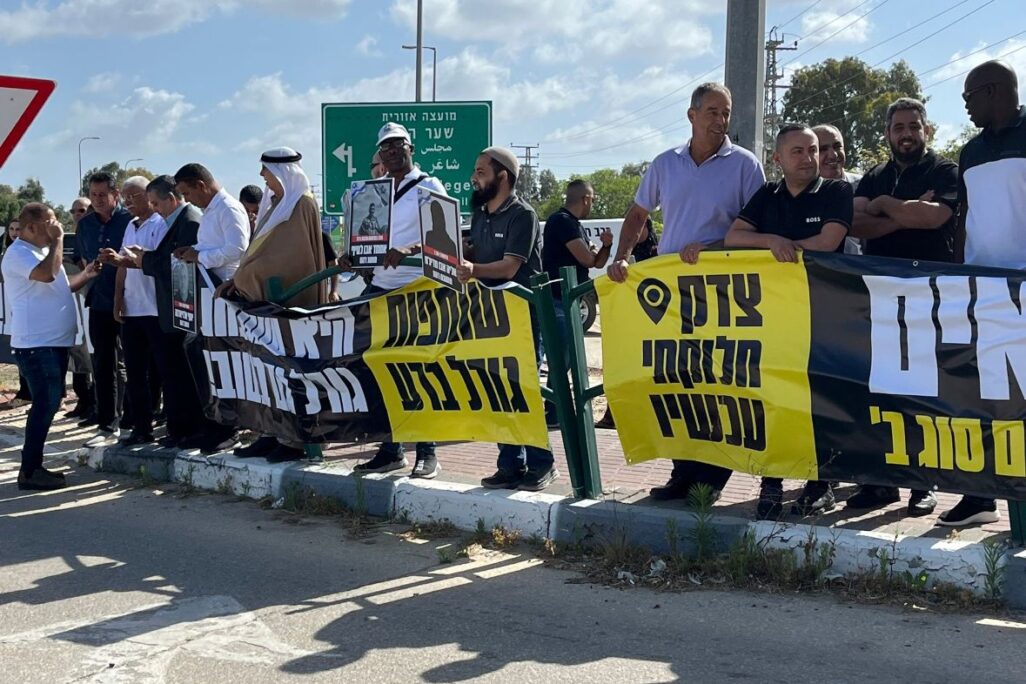
Residents of the Bedouin town of Rahat protested last week against their town’s exclusion from the proposed government rehabilitation plan for the Western Negev. The plan was proposed by the Tekuma Authority, the body established in the wake of Oct. 7 to plan the recovery of regions affected by the war. It defined all localities and councils in the Western Negev as deserving extensive assistance, except for the two Bedouin towns of Rahat and Lakiya. Neither town is included in the secondary category, which encompasses the less heavily hit cities of Be’er Sheva and Ashkelon, either.
This decision is seen as another example of discrimination against Israel’s Bedouin population, many of whom live in towns and villages not recognized by the state. Since 1994, Rahat has been recognized by Israel, and it is now the largest Bedouin city in the world, with a population of nearly 80,000. Whether living in recognized or unrecognized towns, the Bedouin population of the Negev faces significant discrimination and disadvantage. Davar has previously reported on Bedouin women’s unemployment, housing crisis, and low vaccination rates during the COVID-19 pandemic.
Unlike most Israeli Arabs, many Bedouins choose to volunteer in the Israeli military and otherwise strongly associate themselves with the state. Bedouin of the Negev rushed to save victims of Hamas’ Oct. 7 attack, and thirteen of them received awards of recognition for their heroism by the Abraham Global Peace Initiative, including Rahat resident Anis Abu Dabbas. The Bedouin community were also victims in the attacks, with 21 killed and six taken hostage.
The mayor of Rahat, Talal al-Karinawi, sent a letter to Prime Minister Benjamin Netanyahu following the decision not to include Rahat in the rehabilitation plan:
“To our astonishment, the city of Rahat, [whose residents] make up 27% of the population of the Western Negev, was deliberately excluded from the benefits of the rehabilitation program for the region, and the Israeli government decided to carry out [a plan of] dangerous discrimination that smells of racism, stemming solely from a desire to discriminate against the Bedouin public.”
In regards to the current demonstration, he stated, “We have an Israeli identity card, and we expect the government to look at us without politics. We will not be left out of the game. If we suffer, it will be bad for everyone. There will be demonstrations and we will reach out to the ministers. We will … march to the court as well if necessary.”
Referring to the slogan “We will win together” that was popularized as a rallying cry during the current war, he said, “We don't ‘win together’ only when difficult events occur. We are part of the state, period. If we fight for it, we expect the state to fight for us as well.”






